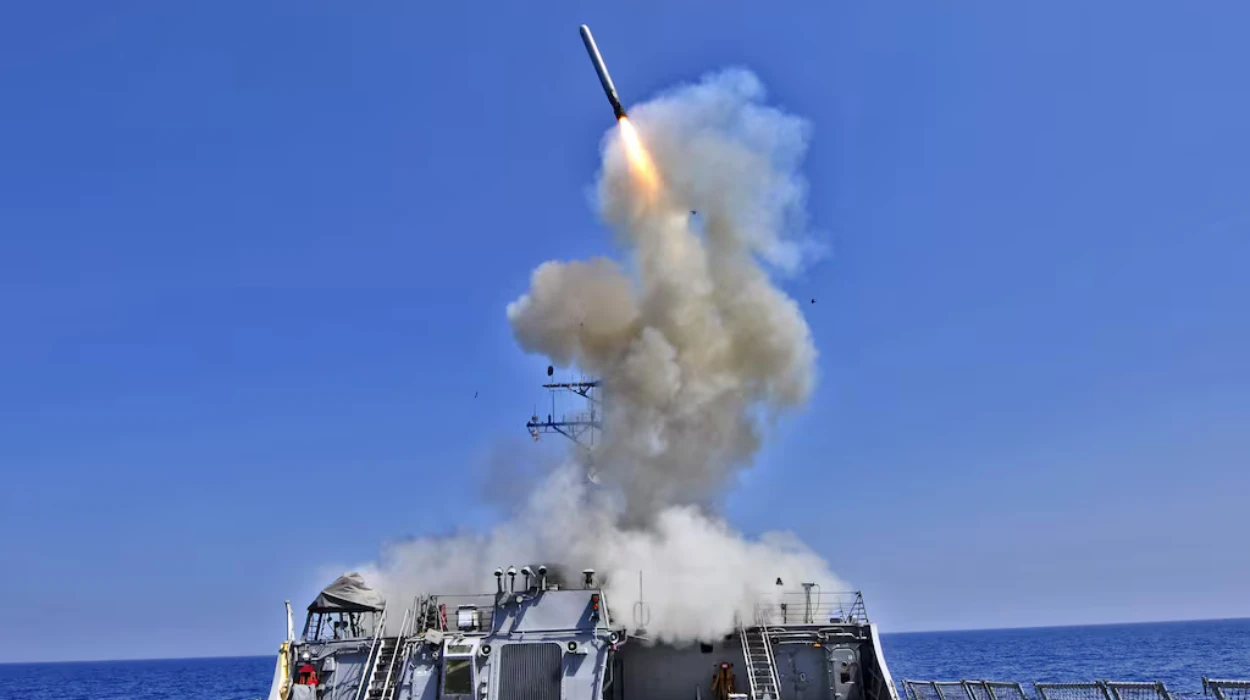US (Transatlantic Today)— Congress has passed the $874.2 billion National Defense Authorization Act (NDAA) for fiscal year 2024, sending it to the White House for President Biden’s signature. This defense policy bill, which received bipartisan support, aims to bolster U.S. defense capabilities amid heightened global threats and ensure continued support for allies.
Following a 310-118 vote in the Republican-controlled House and an 87-13 vote in the Democratic-held Senate, the NDAA’s approval underscores the urgency of national security.
“Enacting the NDAA has never been more vital,”
stated House Armed Services Committee Chairman Mike Rogers, citing challenges from China, Russia, Iran, North Korea, and global terrorism.
The bill aligns closely with President Biden’s defense budget request, following a bipartisan agreement to cap defense spending as part of the May debt ceiling compromise. Although authorized, the full release of funds depends on separate appropriations legislation that Congress has yet to pass, with temporary funding expiring early next year.
Key NDAA Provisions and Defense Initiatives
To keep military programs active, the NDAA provides interim funding, including $100 million for new Air Force initiatives until a comprehensive budget is passed. Notably, the bill permits the Air Force to retire certain aging aircraft, such as some F-15 Eagles and A-10 Warthogs, though it blocks the retirement of 32 older F-22 Raptors.
The NDAA also advances munitions aid, expanding the list of eligible weapons for rapid procurement. Israel, Taiwan, and Ukraine are now prioritized for expedited delivery, with multiyear contracts for six critical munitions, including Tomahawk Cruise Missiles and Mark 48 Torpedoes.
To address global challenges, the NDAA includes $1 billion to complete a San Antonio-class amphibious ship, supporting the Marine Corps’ defense needs despite initial Navy hesitance. It also institutionalizes a nuclear-capable sea-launched cruise missile program, allocating funds to modernize warheads for Virginia-class submarines.
AUKUS and Indo-Pacific Defense Strengthening
The NDAA includes four provisions to support the AUKUS alliance with Australia and the UK, including the authorization to transfer three Virginia-class submarines to Australia. Additionally, it mandates a Defense Department program to strengthen Taiwan’s military capacity, including plans to train Taiwanese forces on advanced U.S. military systems.
Support for European Allies and Ukraine Aid
The NDAA reaffirms U.S. support for NATO by requiring Senate approval for any withdrawal from the alliance. Additionally, it allocates $300 million for Ukraine’s defense in both FY24 and FY25, maintaining a focus on oversight with Pentagon Inspector General Robert Storch appointed as a special inspector to monitor Ukraine aid.
Delays for Space Command Headquarters
The bill postpones construction of the Space Command headquarters in Colorado until July, pending reviews of the decision to locate the base in Colorado rather than Alabama, where House Armed Services Chairman Mike Rogers advocates.


























